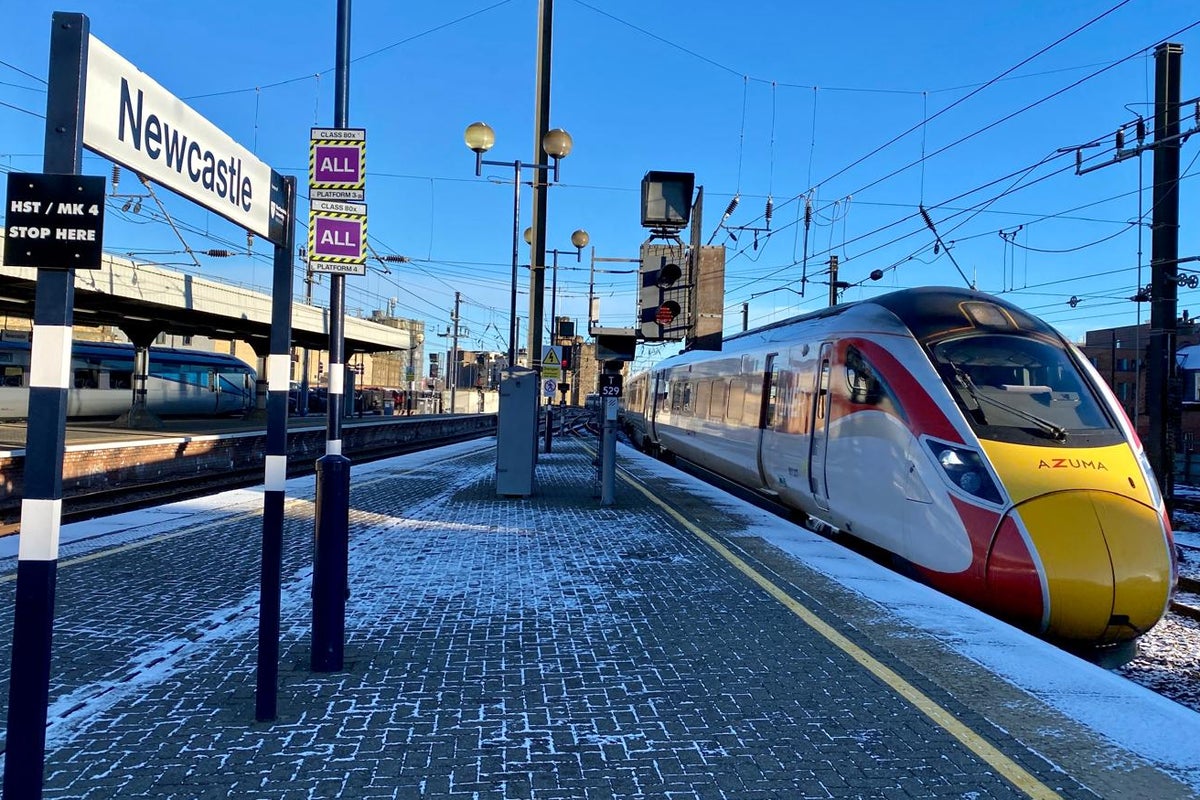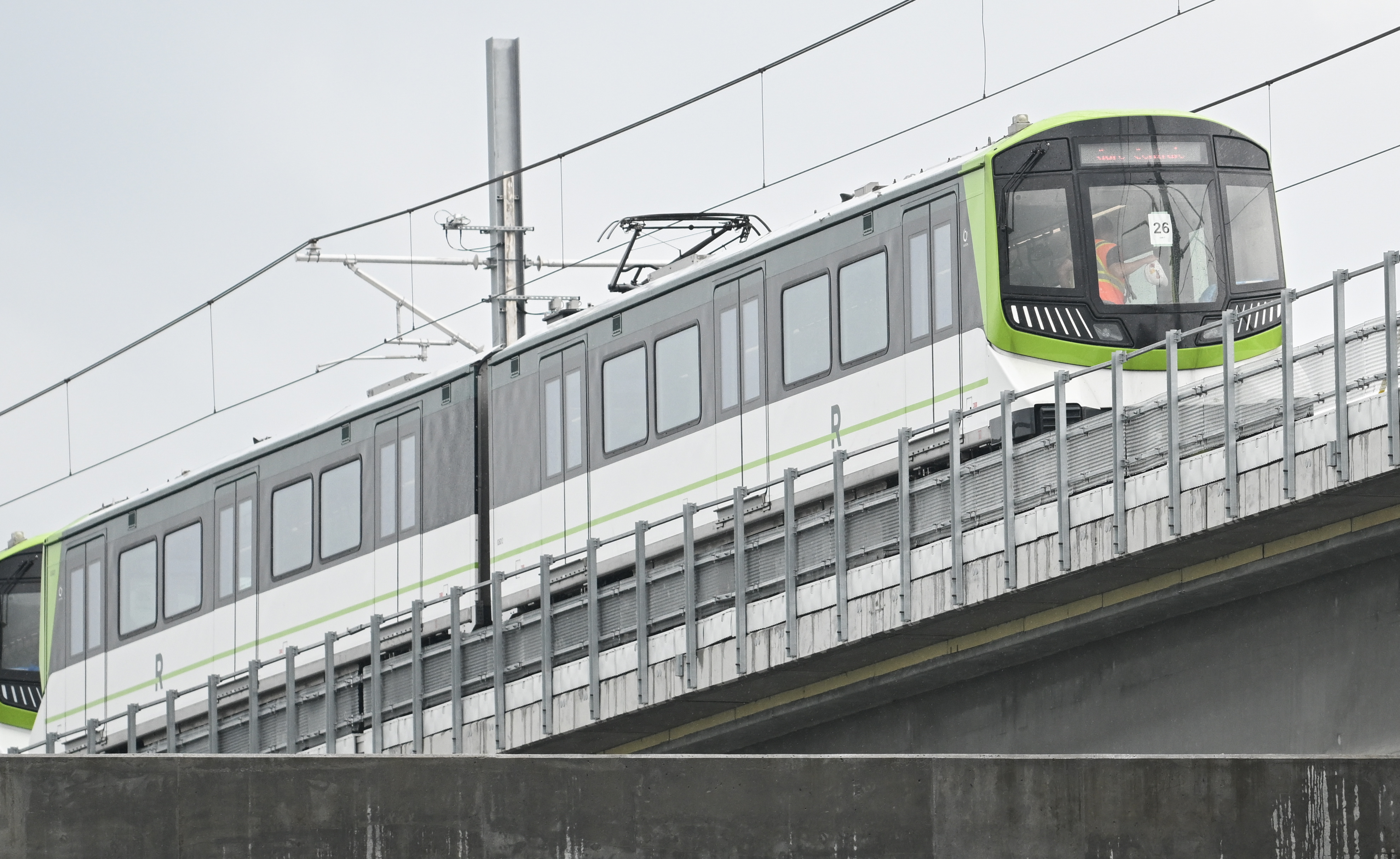- Travel
- News & Advice
Exclusive: As regulated rail fares in England are frozen, we investigate the cost of train travel across the continent
Simon CalderTravel Correspondent Monday 24 November 2025 11:20 GMTComments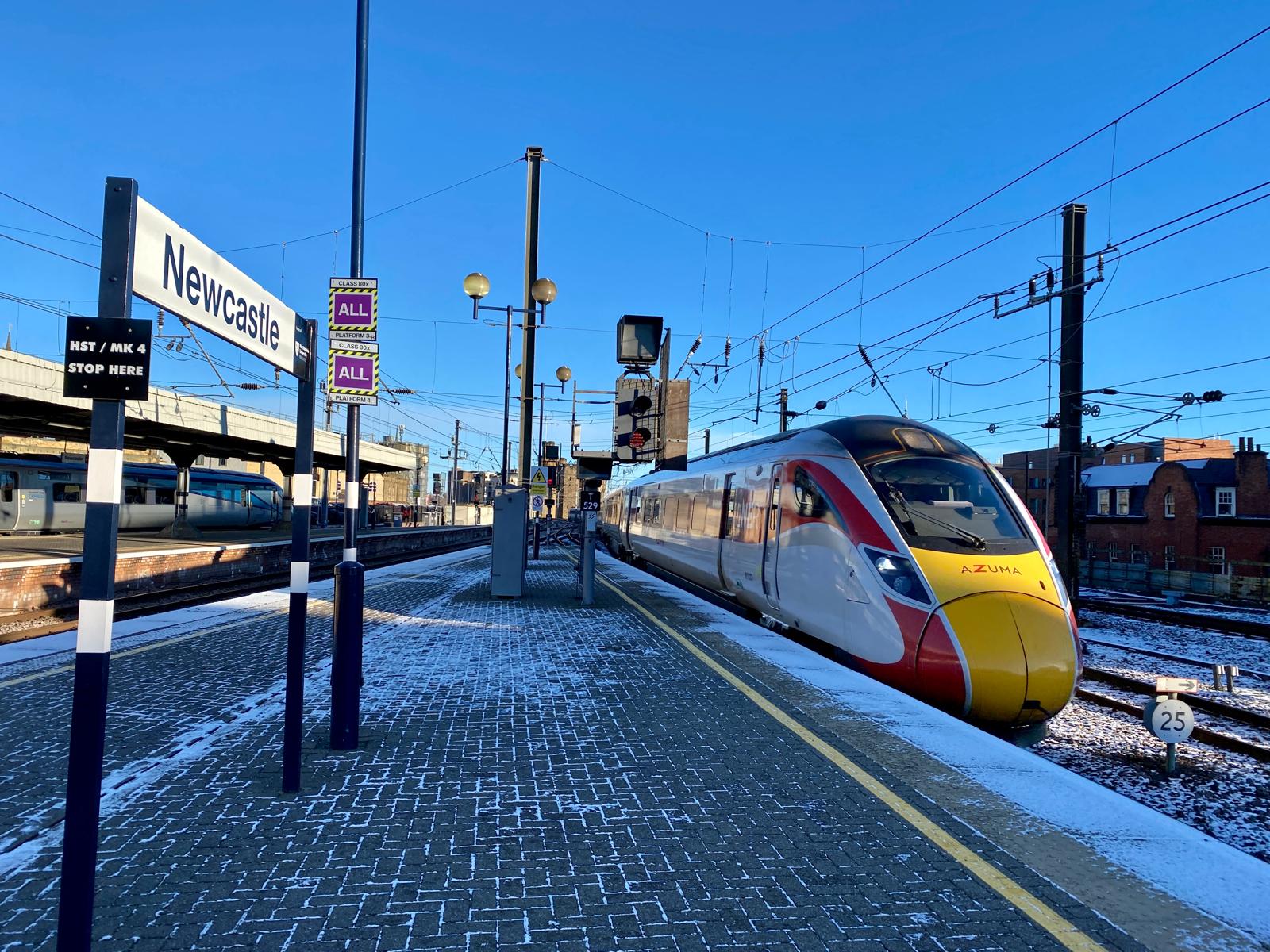 open image in galleryFast track: Newcastle-London has a vast range of fares (Charlotte Hindle)
open image in galleryFast track: Newcastle-London has a vast range of fares (Charlotte Hindle)
Sign up to Simon Calder’s free travel email for expert advice and money-saving discounts
Get Simon Calder’s Travel email
Get Simon Calder’s Travel email
 Email*SIGN UP
Email*SIGN UPI would like to be emailed about offers, events and updates from The Independent. Read our Privacy notice
“The UK has the highest prices per mile anywhere” – that was one of the responses to The Independent’s report that regulated rail fares in England will be frozen next year as part of the autumn Budget.
Yet fresh research by The Independent across five major European countries shows that the only routes on which the UK is disproportionately expensive are on Eurostar trains to Paris, Brussels and Amsterdam.
For immediate departure there is no alternative to the £219 fare to Paris or Amsterdam, or £207 on the significantly shorter journey to Brussels. Tickets from continental Europe are a few pounds cheaper.
Yet for domestic rail travel the UK is not an outlier, being largely comparable with France and Germany – though generally with slower trains.
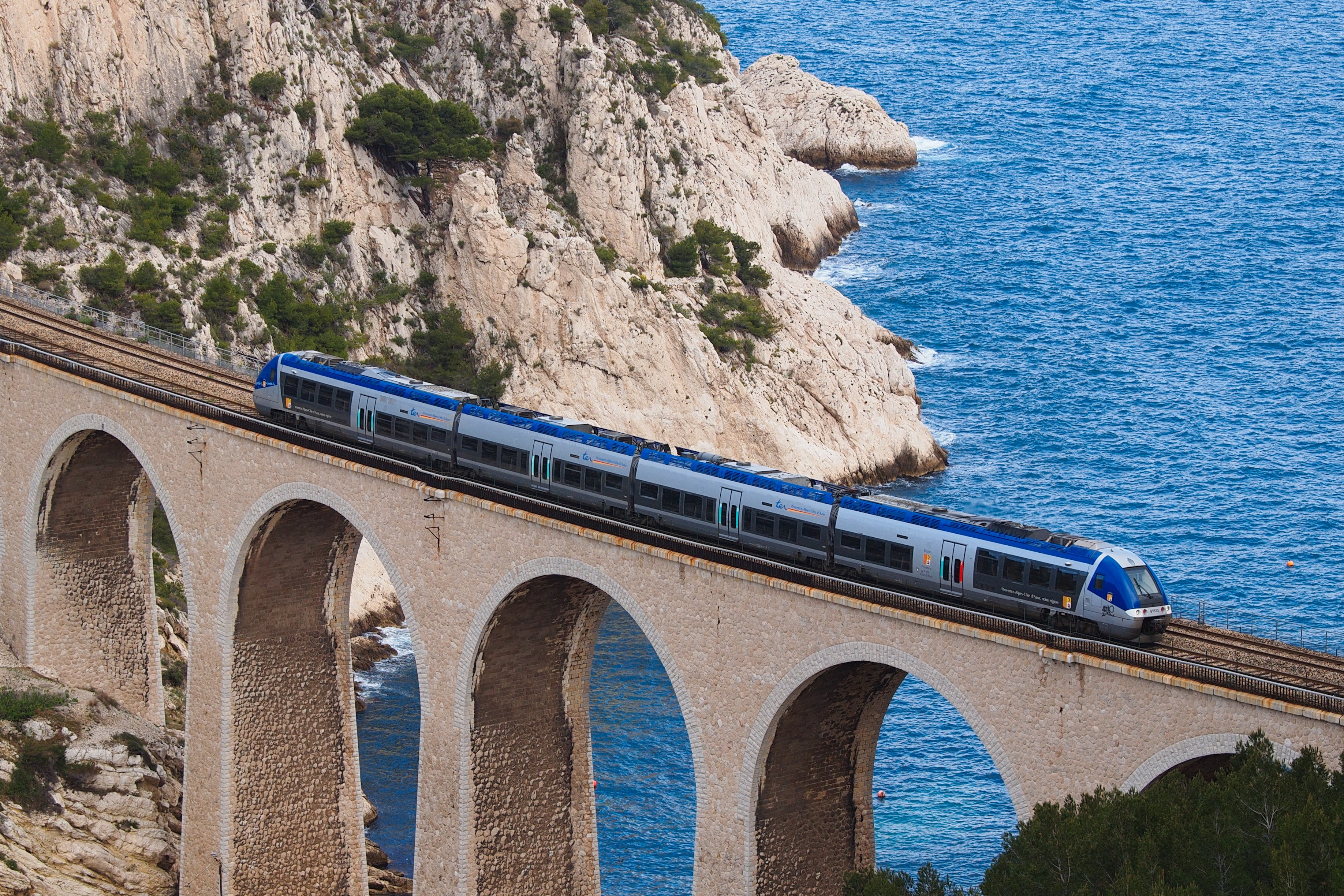 open image in galleryFrance's train fares are comparable to those in Britain, although journey times are often quicker (Getty/iStock)
open image in galleryFrance's train fares are comparable to those in Britain, although journey times are often quicker (Getty/iStock)The research looked at intercity journeys of around 280 miles/450km from big cities to the national capital. Prices for immediate departure on Monday morning at peak times were recorded, along with the lowest fare available for the same journey two months ahead. The lowest/highest fares found were:
- Newcastle-London (275 miles): £26/£108
- Seville-Madrid (293 miles): £6/£78
- Lyon-Paris (289 miles): £15/£104
- Frankfurt-Berlin (263 miles): £16/£135
- Milan-Rome (297 miles): £35/£94
Additionally, a trip of 45 miles/72km between cities away from the capital was examined. The survey looked at same-day purchase, travelling off peak, using slower trains where they were cheaper:
- Manchester-Leeds (43 miles): £9
- Alicante-Murcia (50 miles): £5
- Strasbourg-Colmar (45 miles): £11
- Karlsruhe-Stuttgart (46 miles): £15
- Venice-Vicenza (43 miles): £6
The clear winner for both low fares and Europe’s best high-speed network is Spain. Booking well ahead, the 293-mile journey from Seville to Madrid costs as little as £6. Four rail firms compete on the route, which also keeps maximum fares for immediate departure lower. In addition, commuter lines in Madrid, Barcelona and beyond are heavily subsidised.
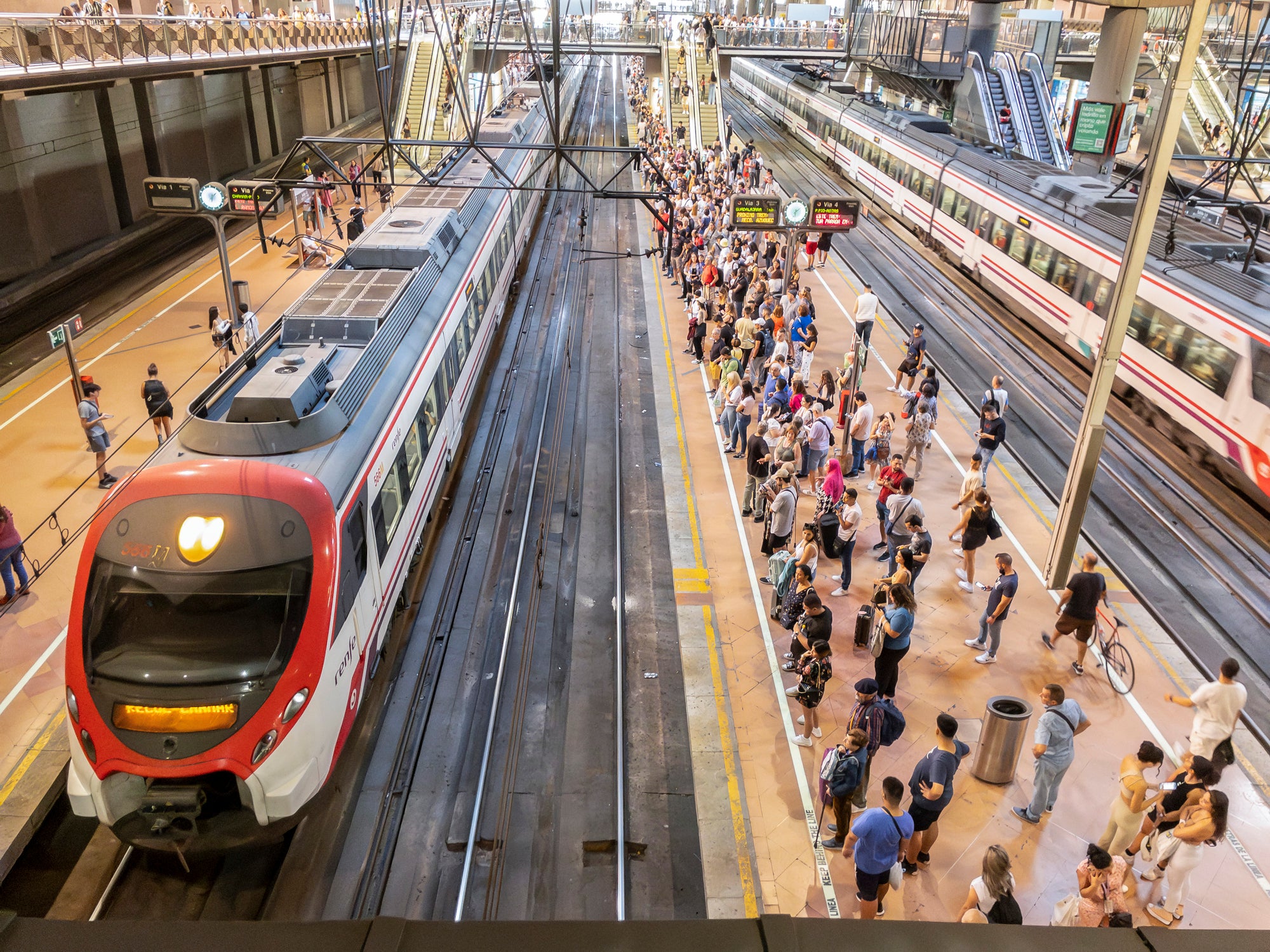 open image in galleryTickets on the Spanish network were considerably more affordable than the British offering (Getty/iStock)
open image in galleryTickets on the Spanish network were considerably more affordable than the British offering (Getty/iStock)Yet after Spain no other major nation stands out for particularly high or low fares.
Italy, where there has long been competition between private firm Italo and the state operator, Trenitalia, is second best for immediate departures on the prime Milan-Rome route. Trenitalia also scores well for the fare on the “classic” train between Venice and Vicenza. But for travellers who book ahead, the only really good deals are on slow trains; for some longer trips, doubling the duration of the journey can halve the fare – bringing the price of a Milan-Rome trip to just £14.
In terms of transport geography – with pronounced north-south flows – and population, Italy is the closest comparator to Britain. On the Newcastle-London run, state-run LNER competes with low-cost operator Lumo, with keen fares for booking well ahead.
An unprepared traveller who asks LNER for the next train to the capital may be told the price is £200.80 – ahead of any other domestic intercity journey in Europe. But it is never necessary to pay such a high fare. Many retailers offer much cheaper deals using “split ticketing” to exploit anomalies in the UK rail fare system. Passengers travel on the same train, but typically pay only half the fare.
Recommended Why the rail fare freeze is not necessarily good news for train passengers
Why the rail fare freeze is not necessarily good news for train passengers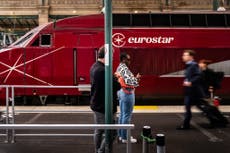 Should we be compensated if Eurostar downgraded us?
Should we be compensated if Eurostar downgraded us? Christmas rail strikes to hit CrossCountry passengers as workers announce walkout
Christmas rail strikes to hit CrossCountry passengers as workers announce walkout
Germany and France are broadly comparable, but Germany has the most unusual offer for people who are content with slower journeys: the chance to travel for under €2 (£1.75) per day across the nation with the Deutschlandticket. The pass costs €58 (£51) for a full calendar month, which also includes all local public transport.
France is looking better value than previously for intercity links thanks to competition on the route from Paris southeast to Lyon and beyond. But on routes where SNCF is the only provider, fares tend to be more expensive than those in the UK.
The single biggest driver of low prices on intercity routes is clearly competition. The UK government has been tentative about opening up lines to so-called open-access operators, citing lack of capacity and fears that private operations could require extra funding.
The converse argument is that the best way to encourage passengers out of their cars is to offer attractive fares and services, as has happened in Spain.
Railcard discounts were not taken into account, though many passengers in the UK, France and Germany use them.
Switzerland is by far the most expensive country for domestic travel. The 55-mile journey from Basel to Zurich costs £34. But most Swiss passengers pay £180 for a half-fare card.
All fares researched on 24 November 2025.
Read more: New European sleeper train to launch next month with tickets from £50
More about
Rail faresBudgetTrain faresJoin our commenting forum
Join thought-provoking conversations, follow other Independent readers and see their replies
Comments